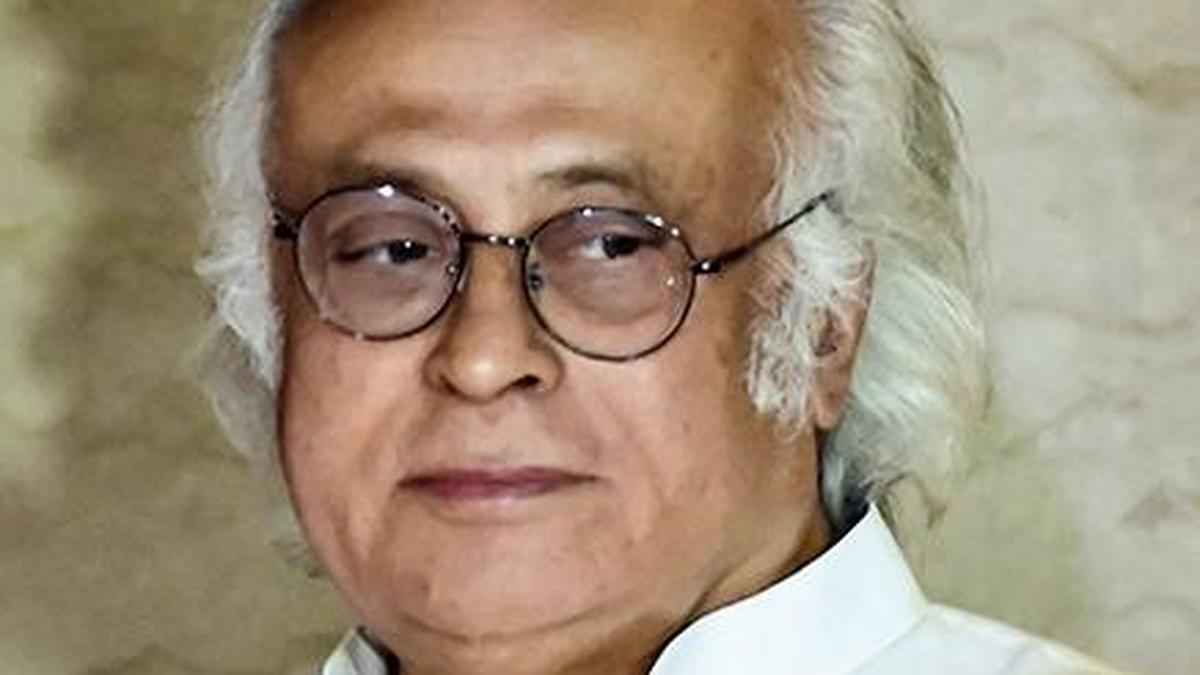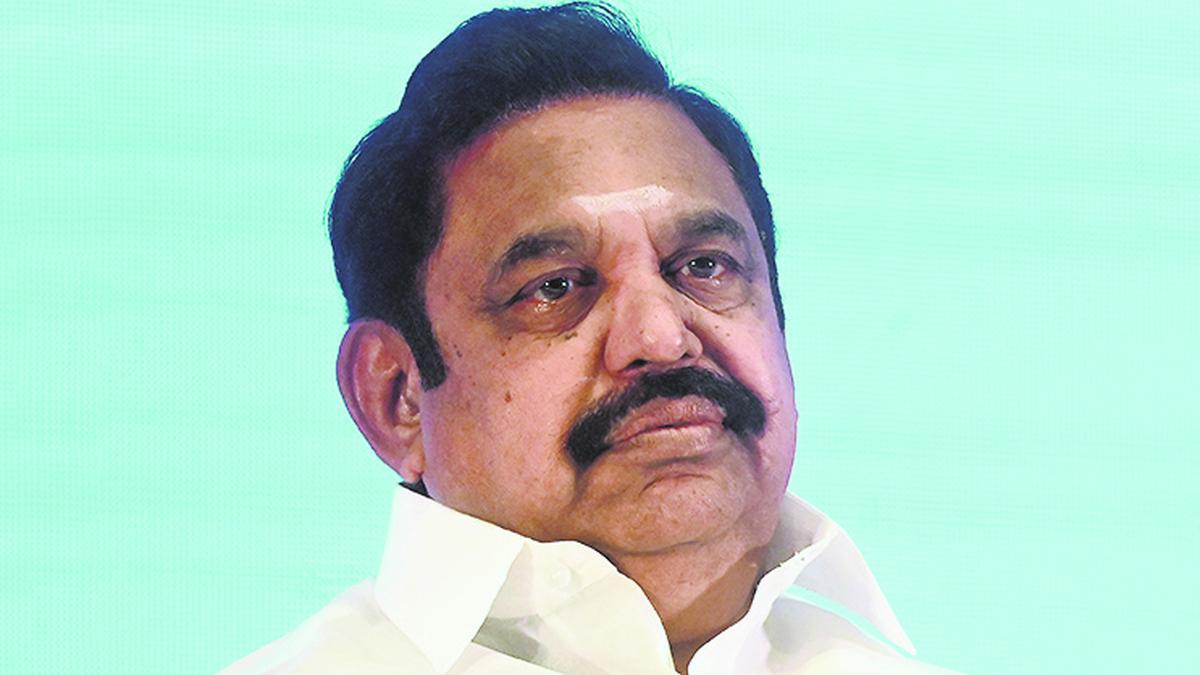The Bombay High Court has dismissed an election petition seeking to annul the 2024 State Assembly election victory of BJP MLA Rajendra Dhedya Gavit from the 130-Palghar-ST Assembly Constituency. The Single-Bench Judge, Justice Sandeep V. Marne, found the petition lacking in a “concise statement of material facts” and “full particulars of corrupt practice,” as mandated by the Representation of People Act, 1951.
The petition, filed by Sudhir Brijendra Jain, a voter and social activist, primarily hinged on MLA Gavit’s declaration in Form-26, where he listed Rupali Gavit as his “Spouse No. 2.” Jain argued this declaration was false, contravened Rule 4A of the Conduct of Election Rules, 1961 and constituted improper acceptance of nomination and corrupt practice.
Advocate Neeta Karnik for the petitioner argued that Rupali Gavit could not be considered a legally wedded wife, rendering Gavit’s declaration false to his knowledge. She contended that adding an “extra column” for a second spouse in Form-26 violated the prescribed format under Rule 4A, which she asserted must be strictly adhered to without “tinkering”. Ms. Karnik stated, “Any change in the format would necessarily render the acceptance of nomination to be improper, thereby attracting the ground prescribed under Section 100(1)(d)(i) of the Act.” She further posited that the Returning Officer should have rejected the nomination due to this perceived defect and that such improper acceptance, if proven, would not require additional proof of the election result being materially affected.
A significant aspect of the petitioner’s argument was the alleged “undue influence” on tribal voters. Ms. Karnik submitted that the declaration of Rupali Gavit as a spouse was “deliberately and falsely made with a view to exerting undue influence on the voters.” Given that Rupali Gavit hails from the local tribal community and the constituency is reserved for the ST community, the petitioner alleged Gavit “largely benefited on account of disclosure made about his marriage with Rupali Gavit from local tribal voters.”
Representing MLA Gavit, advocate Nitin Gangal countered that the petition failed to establish any valid cause of action. He stressed that the declaration of Rupali Gavit as “Spouse No. 2” was an “honest and true disclosure“ and that merely adding a column for comprehensive information could not invalidate an election. Mr. Gangal emphasised that Gavit belongs to the Bhil tribal community, where polygamy is a customary practice, and therefore, “there is no prohibition on performance of second marriage” for him under Section 2 of the Hindu Marriage Act, 1955, which is inapplicable to tribal persons.
He relied on Supreme Court judgments, including Union of India Versus. Association for Democratic Reforms, which underscore the importance of candidates providing sufficient information to voters. Mr. Gangal argued, “mere disclosure of information in addition to the one required in the prescribed format would not ipso-facto render nomination to be defective.” He also highlighted the absence of any averment in the petition that the election result was “materially affected” due to the alleged non-compliance, a crucial requirement for grounds under Section 100(1)(d)(i) and (iv) of the Act.
Justice Marne in the order pronounced on June 23, stated that if material facts are not stated in an Election petition, the same is liable to be dismissed on that ground alone, as the case would be covered by Clause (a) of Rule 11 of Order 7 of the Code.” The judgment further reiterated, “Omission of a single material fact would lead to an incomplete cause of action and the statement of plaint would become bad.”
The order further said that the petitioner had, in fact, admitted the existence of the marriage within the petition itself. “In my view, therefore Petitioner has failed to disclose real cause of action for challenging the election of the Respondent by making out either of the grounds under Section 100(1)(b) or 100(1)(d)(i) or 100(1)(d)(iv) of the Act,” the Judge observed.
“Since Election Petitioner himself admits the existence of the second marriage, there is neither any false claim nor honest disclosure of information about the second marriage by adding a column in the Form 26 Affidavit which would constitute a defect in the nomination form or violation of Rule 4A of the Election Rules,” the order read.
The court emphasised that an election petition is a “statutory remedy and not an action in equity or a remedy in common law,” necessitating “strict compliance with the provisions of the Act”. Justice Marne concluded that the pleadings did not establish a case of improper acceptance of nomination or violation of Rule 4A.
Accordingly, the Judge dismissed the election petition.



.png)
.png)
.png)
















 7 hours ago
4
7 hours ago
4










 English (US) ·
English (US) ·